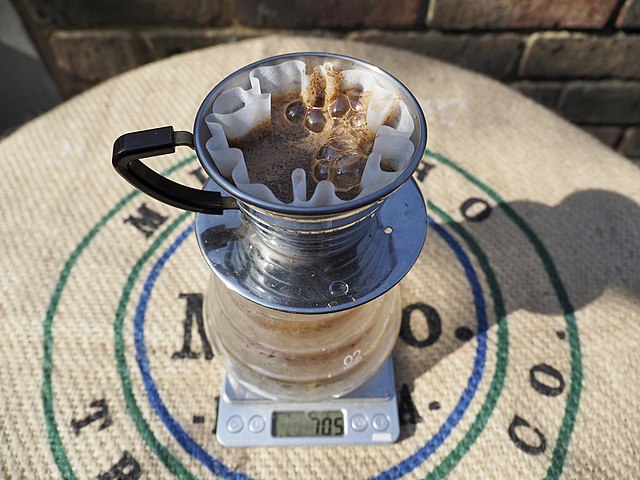News release
From:
An improved genome assembly for Arabica coffee, the species responsible for about 60% of global coffee production, is reported in a Nature Communications paper. The findings reveal sources of genetic diversity, which may contribute to its unique flavor and resistance to pathogens.
Commercial coffee is mainly produced from Coffea canephora and Coffea arabica, known as Robusta and Arabica coffee, respectively. Arabica coffee is derived from the hybridization between the ancestors of present-day Robusta coffee and another closely related coffee species, Coffea eugeniodes. This hybridization resulted in Arabica’s coffee flavor and its large and complex genome, which poses challenges for breeding and genetic studies. Several partial genome assemblies of Arabica coffee are currently available, but the mechanisms generating its genetic diversity are unclear.
Michele Morgante, Gabriele Di Gaspero and colleagues employed the latest sequencing technologies to generate a more complete genome assembly for Arabica coffee, allowing for a detailed analysis of the structure of its chromosomes. When analyzing the genome, including previously inaccessible regions, such as those around centromeres, they found differences in the structure, function and evolution of the genomes contributed by its two progenitor species, especially for genes involved in caffeine biosynthesis. The authors also analyzed the genomes of 174 samples collected from different species within the Coffea genus and noticed a very low level of genetic diversity within Arabica coffee. Diversity was found to increase in some Arabica coffee cultivars at specific genomic regions, due to two different sources of variation: chromosomal abnormalities and genetic segments donated by a Robusta-Arabica hybrid, known as the Timor Hybrid. This hybrid has become the parental line of many modern cultivars that combine the disease resistance trait of Robusta coffee and the unique flavor of Arabica coffee.
The authors suggest that the genetic diversity of Arabica coffee is essential for its commercial success, and the findings may help develop new coffee varieties with desirable traits, such as disease resistance or different flavor profiles.



 International
International



